Treasure of Knowledge: Bettani Series, 4th Vol. Free PFD Read Online
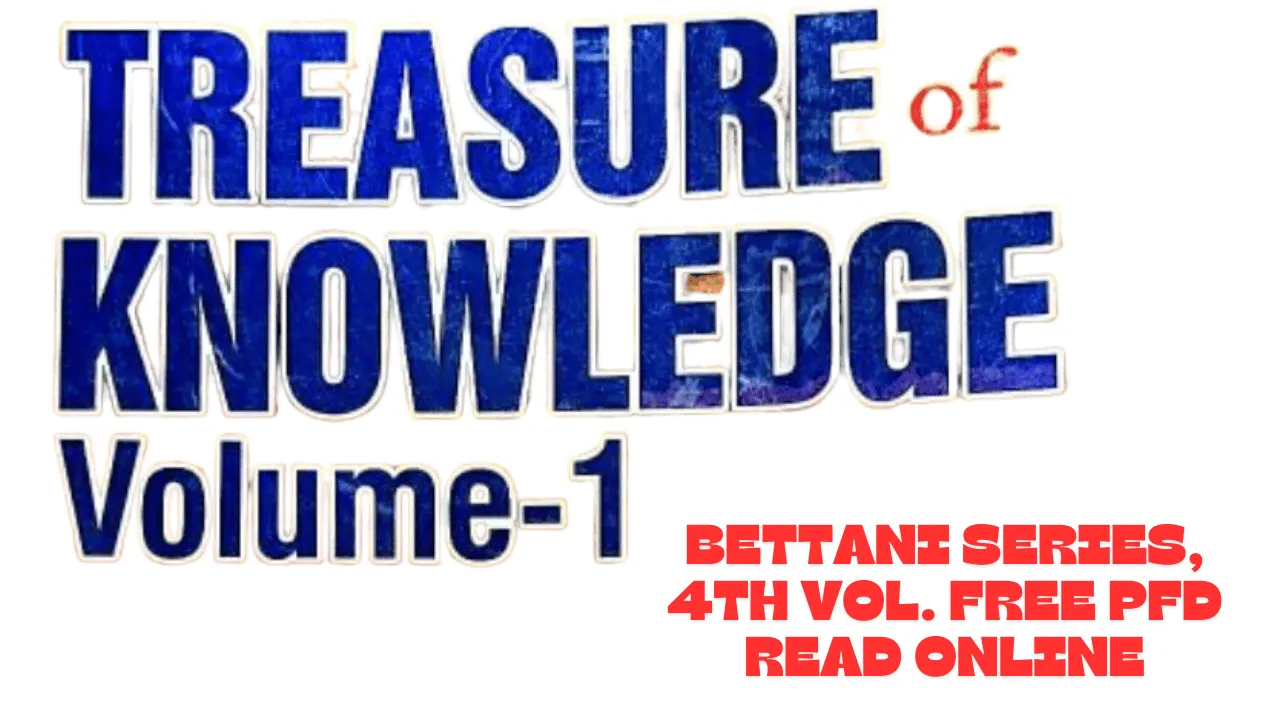
Introduction
In today’s rapidly evolving world, knowledge has become the most valuable currency, unlocking opportunities for personal growth, professional success, and societal progress. However, navigating the vast expanse of information can be daunting, making it essential to have a structured approach to acquiring and leveraging knowledge effectively.
Why This Guide Matters: This comprehensive guide will empower readers to embark on a transformative journey of lifelong learning, equipping them with strategies and tools to tap into the “treasure of knowledge” and unlock their full potential. By mastering the art of knowledge acquisition and application, readers can gain a competitive edge, fuel their intellectual curiosity, and contribute meaningfully to their communities.
Also check out the AMC Medical College Guide By Dogar Testmaster: Free PDF Read Online
Understanding the Value of Knowledge
Knowledge is a powerful force that has shaped civilizations, driven innovation, and empowered individuals to unlock their true potential. It serves as the foundation for critical thinking, problem-solving, and personal growth, enabling us to navigate the complexities of our world with wisdom and insight.
The Concept of “Treasure of Knowledge”
The term “treasure of knowledge” encapsulates the immense value and richness inherent in the pursuit of learning and understanding. Just as a treasure chest holds precious jewels and riches, the “treasure of knowledge” represents the vast expanse of information, ideas, and wisdom that await exploration and discovery.
Benefits of Continuous Learning and Knowledge Acquisition
Embracing continuous learning and knowledge acquisition offers numerous benefits, including:
- Personal Growth: Expanding your knowledge base fosters intellectual curiosity, enhances critical thinking skills, and broadens your perspectives, enabling personal growth and self-discovery.
- Professional Development: Staying up-to-date with the latest trends, innovations, and best practices in your field can give you a competitive edge, opening doors to new opportunities and career advancement.
- Problem-Solving: Knowledge empowers you to approach challenges from multiple angles, offering a diverse toolkit of ideas and strategies for effective problem-solving.
- Societal Impact: By acquiring knowledge and sharing it with others, you can contribute to the collective understanding of our world and inspire positive change within your community and beyond.
Recognizing the value of knowledge is the first step on the path to unlocking its transformative potential.
Developing a Growth Mindset
To embark on the journey of lifelong learning, it is essential to cultivate a growth mindset – a belief that intelligence and abilities can be developed through dedication, effort, and perseverance.
Embracing a Growth Mindset: Cultivating a Love for Learning
A growth mindset is characterized by a genuine love for learning and a willingness to embrace challenges as opportunities for growth. It involves:
- Acknowledging that knowledge is boundless and that there is always more to learn
- Embracing failures and setbacks as stepping stones to success
- Seeking out new experiences and perspectives that challenge your existing beliefs
By adopting a growth mindset, you open yourself up to a world of possibilities and develop the resilience needed to navigate the lifelong learning journey.
Overcoming Barriers and Limiting Beliefs
Many individuals struggle with limiting beliefs that hinder their pursuit of knowledge. These beliefs may stem from past experiences, societal pressures, or self-doubt. To overcome these barriers, it is essential to:
- Identify and challenge negative thought patterns and self-limiting beliefs
- Surround yourself with a supportive network of individuals who encourage your growth
- Celebrate small victories and recognize progress, no matter how incremental
By confronting and overcoming these barriers, you can cultivate a mindset that embraces learning as a lifelong pursuit, fueling your intellectual curiosity and personal growth.
Strategies for Fostering a Curious and Open Mindset
Developing a curious and open mindset is crucial for effective learning and knowledge acquisition. Here are some strategies to help you foster this mindset:
- Ask questions and seek out diverse perspectives
- Embrace intellectual humility and acknowledge the limitations of your knowledge
- Practice active listening and engage in respectful discourse
- Seek out new experiences and challenge yourself to step out of your comfort zone
By actively nurturing a curious and open mindset, you create a fertile environment for the “treasure of knowledge” to flourish, enabling you to explore new horizons and expand your understanding of the world.
Also Check JWT Discovering the World of Vocabulary: Free PDF Read Online
Identifying Reliable Sources of Knowledge
In the age of information overload, it is crucial to discern reliable and trustworthy sources of knowledge from the vast sea of data available. This section will guide you in evaluating the credibility and quality of information sources.
Evaluating the Credibility and Trustworthiness of Information Sources
When assessing the credibility of information sources, consider the following factors:
- Authority: Evaluate the expertise, credentials, and reputation of the author or organization behind the information.
- Objectivity: Assess whether the information is presented objectively, without bias or hidden agendas.
- Currency: Ensure that the information is up-to-date and relevant to the current context.
- Accuracy: Cross-reference the information with other reputable sources to verify its accuracy and consistency.
By critically evaluating these factors, you can separate high-quality, reliable information from dubious or misleading sources, ensuring that the knowledge you acquire is built on a solid foundation.
Utilizing Academic Resources, Expert Opinions, and Reputable Publications
Academic resources, such as peer-reviewed journals, scholarly books, and research databases, offer a wealth of reliable and well-substantiated knowledge. Additionally, seeking out expert opinions and advice from recognized authorities in their respective fields can provide valuable insights and guidance.
Reputable publications, including respected newspapers, magazines, and online platforms, often employ rigorous fact-checking processes and adhere to journalistic standards, making them valuable sources of information.
Leveraging Online Tools and Digital Repositories Responsibly
The digital age has opened up a vast array of online tools and repositories for knowledge acquisition. From online courses and educational platforms to digital libraries and open-source databases, these resources offer unprecedented access to information.
However, it is crucial to approach these tools with discernment, evaluating the credibility and legitimacy of the sources. Additionally, respecting intellectual property rights and adhering to ethical guidelines for accessing and using digital resources is essential.
By identifying and utilizing reliable sources of knowledge, you can build a strong foundation for your learning journey, ensuring that the “treasure of knowledge” you uncover is based on accurate and trustworthy information.
Effective Learning Techniques
Acquiring knowledge effectively requires more than just exposure to information; it necessitates active engagement and the application of proven learning techniques tailored to individual preferences and learning styles.
Understanding Different Learning Styles and Preferences
Each individual has unique learning preferences and styles that influence how they best acquire and retain information. Some common learning styles include:
- Visual: Learners who prefer visual aids, such as diagrams, charts, and videos.
- Auditory: Learners who thrive on listening to lectures, podcasts, or audio materials.
- Kinesthetic: Learners who learn best through hands-on experiences and practical applications.
Recognizing your dominant learning style can help you tailor your learning approach and maximize your effectiveness in acquiring knowledge.
Active Learning Strategies
Passive learning, such as simply reading or listening, is often less effective than active learning techniques that engage multiple senses and cognitive processes. Here are some powerful active learning strategies:
- Note-taking: Engage in active note-taking, summarizing key points, and creating visual aids like mind maps or diagrams.
- Summarizing: Regularly summarize and rephrase the information you’ve learned to solidify your understanding.
- Teaching Others: Explaining concepts to others reinforces your grasp of the material and exposes gaps in your knowledge.
Incorporating Diverse Learning Methods
To maximize knowledge retention and comprehension, it’s beneficial to incorporate diverse learning methods that cater to different learning styles and preferences. Consider:
- Reading: Engage with textbooks, articles, and other written materials.
- Listening: Attend lectures, podcasts, or audiobooks to absorb information audibly.
- Watching: Utilize educational videos, documentaries, or online courses for visual learning.
- Doing: Participate in hands-on activities, experiments, or practical applications to learn by experiencing.
By combining these methods and tailoring your approach to your individual learning preferences, you can optimize your ability to acquire and retain knowledge effectively.
Knowledge Organization and Retention
As you embark on your lifelong learning journey, you’ll accumulate a vast amount of knowledge from various sources. Effective organization and retention strategies are crucial to ensure that this “treasure of knowledge” remains accessible and actionable.
Techniques for Organizing and Structuring Knowledge
Organizing your knowledge in a structured and cohesive manner can significantly enhance your ability to retain and apply what you’ve learned. Consider the following techniques:
- Mind Mapping: Visual representations that connect related concepts and ideas, making it easier to see the relationships between different pieces of information.
- Note-taking Systems: Effective note-taking techniques such as the Cornell method, which involves creating a dedicated space for recording summaries, cues, and other organizational elements that aid in consolidating and systematizing lecture or literature content.
- Outlining: The ability to create hierarchically-structured outline-formatted content can be an invaluable tool for learning complex information and drawing meaningful connections and patterns in conceptualizing subject matter.
- Knowledge Mapping: The process of mind/concept mapping and its emphasis on the visualization of complex human knowledge domains. This is where ‘Knowledge Organization’ and its practical application takes a central role in facilitating humanity’s understanding of itself and of the physical/social world we inhabit.
- Personal Knowledge Mastery: The disciplined practice of Grasping the art of Self-Mastery – of understanding human potentials and its possibilities (essentially what it means to be ‘human’) – through a variety of contemplative exercises rooted in Moral Education and Moral Psychology.
When properly cultivated, human excellence and virtue leads to personal sovereignty and the responsible, ethical navigation of complex social situations. This process can help consolidate a healthy outlet for productively directed individual and collective human energies, especially during times of duress and adversarial conditions that test our individual and social resolve.
Being able to absorb society’s accumulated wisdom and put these human experiences into a coherent whole is not only academically enriching, it also allows us as a civilized society to begin the gradual process of re-indigenizing ourselves and consciously reprogramming ourselves towards achieving the “Good Life” – the ultimate goal in human development and civilization. In doing so, we give enduring form and contemporary human relevance to the ancient wisdom/teachings of humanity’s oldest spiritual/philosophical traditions.
Human Excellence is not achieved alone; it is achieved in partnership with others. Only by learning to acknowledge and appreciate our shared hopes, struggles, and needs as ONE human family on this planet can we truly hope to achieve human excellence.
Enhancing Cross-Cultural Relations and Understanding
Above all else, the achievement of human excellence requires a deep, honest respect for the diversity of human experience and for our rich and diverse human cultures/civilizations. This entails the ability to see beyond ourselves – beyond our own narrow cultural/ social/personal conditioning – and to empathically embrace, learn from, and ultimately incorporate “the other” into our own human reality.
Only then can the highest level of human excellence truly be achieved. It is only through our ability of identifying and uniting with “that which is greater than ourselves” that we can reach and appreciate human excellence and civilization at its highest level. That which enables this great Universal synthesis between the Self and the Other is the highest form of Human Excellence.
Only then will Earth’s people truly have realized Human Excellence and can rightfully lay claim to being Civilized.
Cultural Excellence as Spiritual Excellence
In the end, we must acknowledge that Cultural Excellence and Human Excellence are forms of Spiritual Excellence. Just as the history of the world and human civilization has repeatedly shown, history’s greatest civilizations – from the ancient Sumerian/Babylonian, Hindu/Buddhist, Chinese/Confucian, Classical Greco-Roman, Christianity/Islam-inspired, Medieval/Renaissance, Modern Secular Humanist, Pan-Arab/Pan-Islamic civilizations – have all maintained as their highest spiritual/cultural ideal the continual refinement and elevation of the Human Spirit and the furthering and protecting the Human Condition.
In this respect, spiritual excellence and cultural excellence have historically gone hand-in-hand, as each great civilization and enduring human culture has maintained an essential and enduring respect for cherishing and nurturing the collective human spirit—our highest and most spiritually developed human potentials and realities.
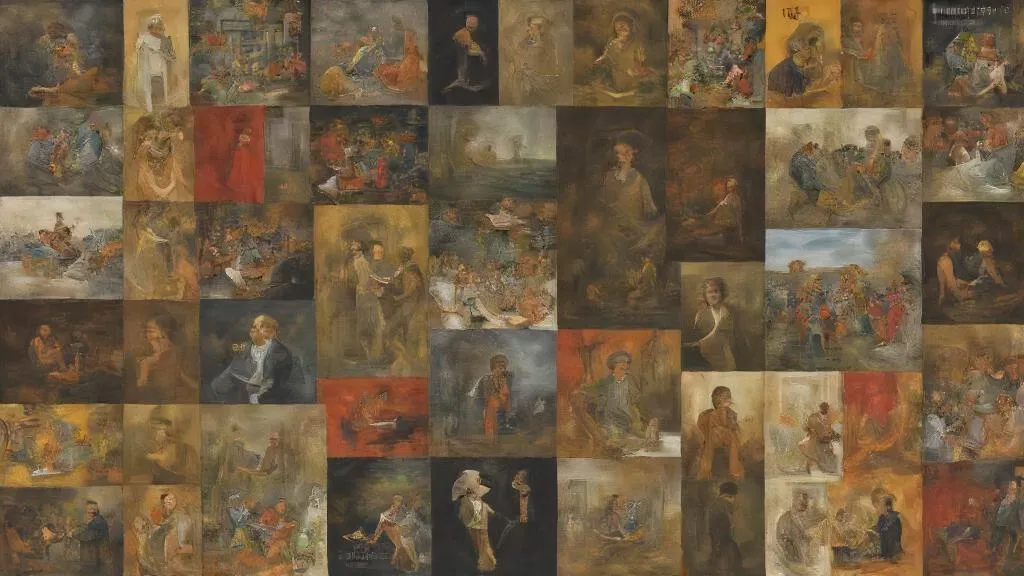
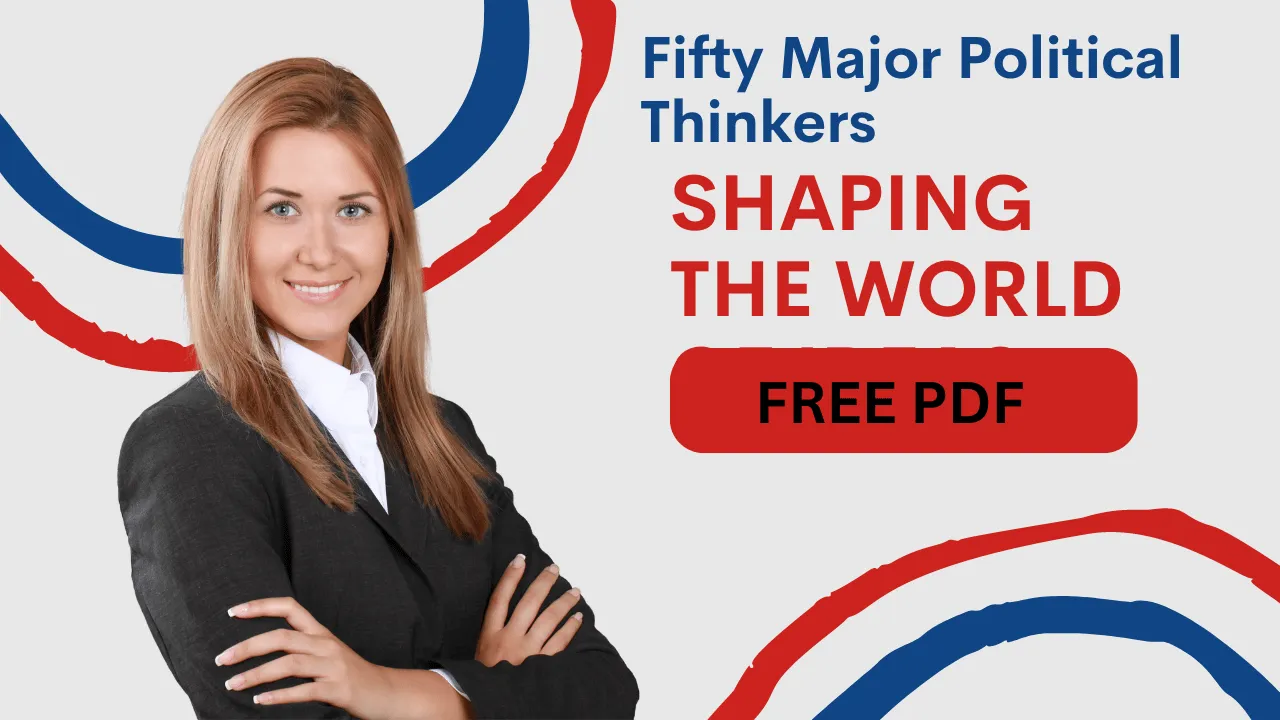
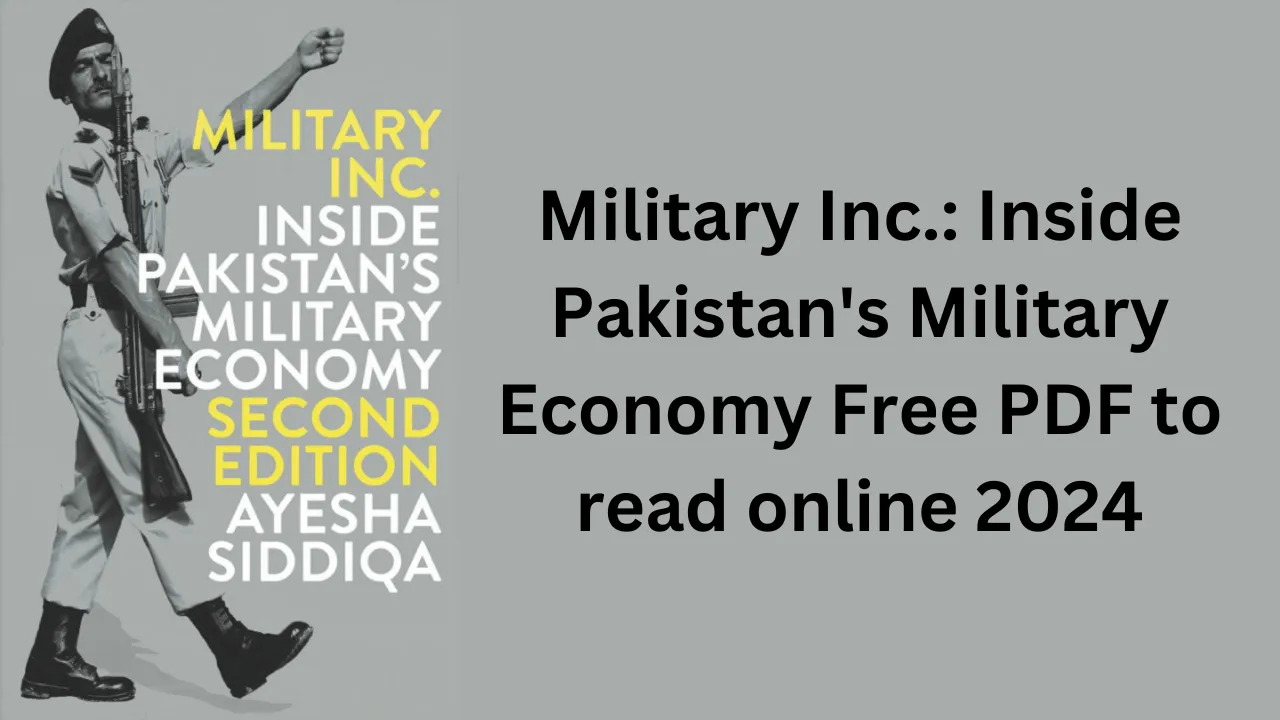
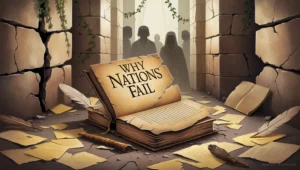
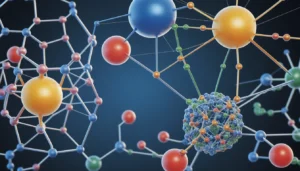
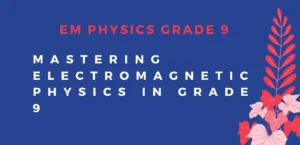
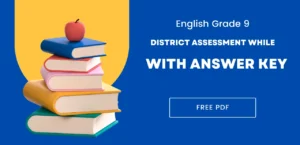
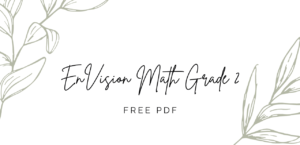
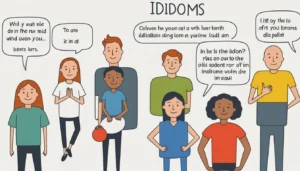
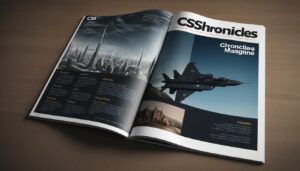
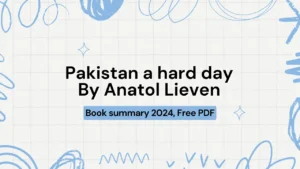
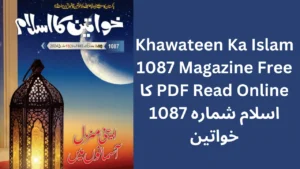
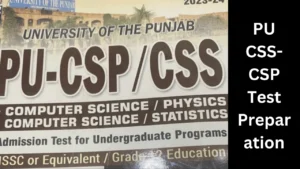
2 comments